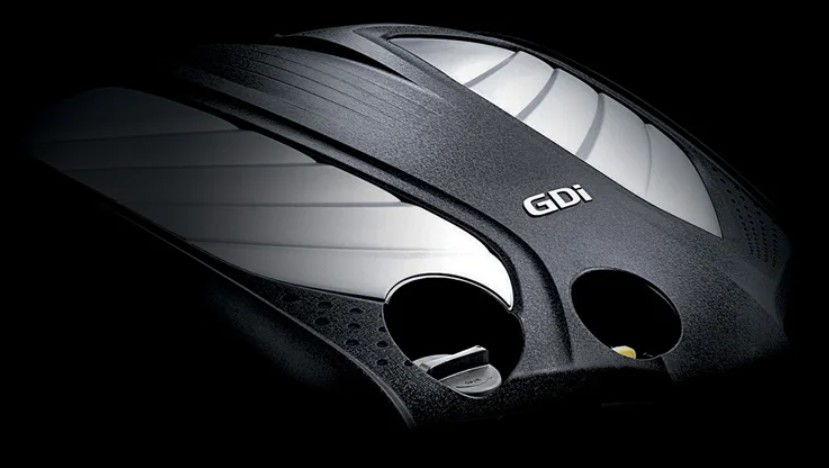Hyundai vehicles have carved a strong reputation for blending reliability, fuel efficiency, and eye-catching design, appealing to a wide range of drivers from young adults to families. They often stand toe-to-toe with both US and European brands, offering compelling value for money. However, when considering long-term vehicle ownership, a key question arises: Are Hyundai Car Parts Expensive? Understanding the costs associated with maintenance and replacement parts is crucial for any car owner. Let’s delve into what you need to know about Hyundai parts and their pricing.
 Genuine Hyundai car parts displayed at a dealership
Genuine Hyundai car parts displayed at a dealership
1. The Importance of Genuine Hyundai Parts
As an import brand, Hyundai parts sourcing can sometimes differ from domestic manufacturers. This might lead to a perception of higher costs compared to readily available local parts. Furthermore, the specific designs and engineering of imported vehicles often mean that finding perfectly compatible aftermarket parts can be challenging. Dimensions and specifications can vary, making generic parts a potentially risky choice for your Hyundai.
While the allure of saving money with generic or knock-off parts is understandable, it’s a gamble that can backfire. These parts often lack the precise fit of genuine Hyundai components. Using ill-fitting parts can lead to premature wear, system malfunctions, and ultimately, more expensive repairs down the line. Investing in genuine Hyundai parts is generally the wiser long-term strategy. Despite being imported, and therefore not always the absolute cheapest on the market, Hyundai parts are often competitively priced, frequently proving more affordable than parts for other major import brands like Toyota and Volkswagen. It’s important to remember that in today’s global automotive industry, a significant number of brands, regardless of their perceived origin, rely on international parts sourcing.
2. Preventative Maintenance: Your Cost-Saving Ally
It might be tempting to postpone scheduled servicing and routine maintenance to save money in the short term. However, neglecting preventative maintenance on your Hyundai is a false economy. Addressing minor issues promptly through regular servicing is significantly more cost-effective than waiting for them to escalate into major problems.
Early detection and repair of small issues can prevent them from snowballing into larger, more expensive failures. Regular maintenance, as outlined in your Hyundai owner’s manual, ensures your vehicle operates efficiently, prolongs the lifespan of components, and reduces the risk of costly breakdowns. Think of preventative maintenance as an investment in your Hyundai’s longevity and your wallet’s health.
3. Leverage Hyundai Diagnostic Tools
Hyundai has taken a proactive approach to vehicle maintenance by offering accessible diagnostic tools for owners. These tools, often plugin devices, empower you to gain insights into your car’s health before even visiting a mechanic. By using these diagnostic tools, you can potentially identify issues early and have a clearer understanding of any problems your Hyundai might be experiencing.
While professional expertise remains essential for accurate diagnosis and repair, Hyundai’s diagnostic tools are invaluable for pinpointing potential problems quickly and efficiently. This upfront information can streamline the repair process, potentially saving time and labor costs at the repair shop.
4. The Expertise Factor
Whether a Hyundai part is inherently inexpensive or carries a higher price tag, the skill of the technician installing it plays a pivotal role in the overall cost and longevity of the repair. Incorrect installation, even with a genuine part, can lead to premature failure and further complications. Furthermore, certain repairs on modern vehicles require specialized tools and diagnostic equipment that are often proprietary and exclusive to certified technicians.
Choosing a service center with trained and certified technicians, like Crain Hyundai in Bentonville, ensures that your Hyundai receives expert care. Dealership service centers often have access to specialized tools, genuine parts inventory, and the trained personnel necessary for efficient and reliable repairs. Crain Hyundai in Bentonville, for example, not only boasts a team of skilled technicians and specialized equipment but also maintains a substantial stock of Hyundai parts. This combination translates to affordable, dependable repairs with quicker turnaround times, getting you back on the road with confidence. Contact Crain Hyundai to schedule your service and ensure your Hyundai receives the expert care it deserves.